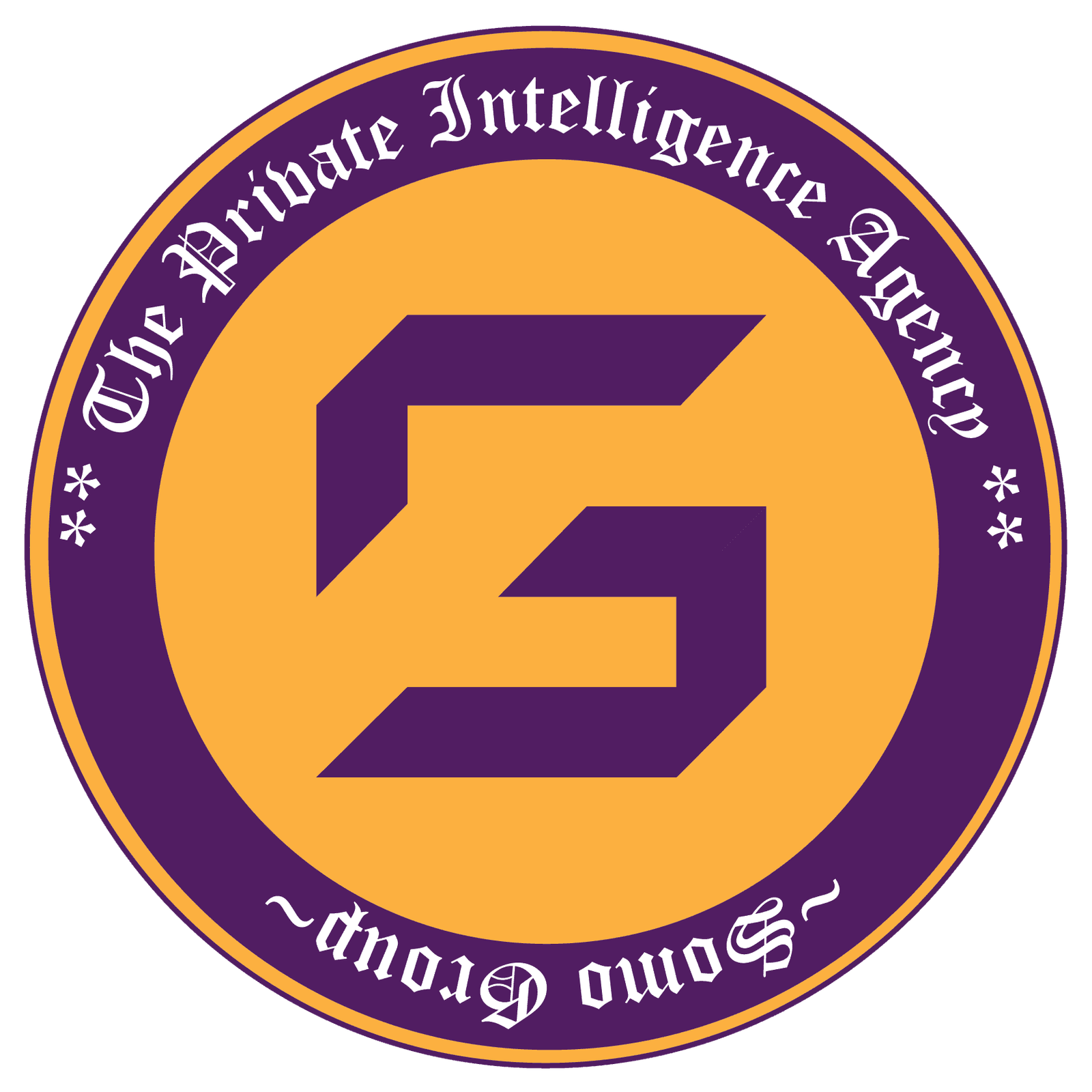Internal Corporate Investigations
Top 10 Tips for Conducting Internal Corporate Investigations
Internal corporate investigations are crucial for maintaining transparency, integrity, and compliance within an organization. Whether it’s addressing allegations of misconduct, fraud, or violations of company policies, conducting thorough and impartial investigations is essential. Here are ten tips to ensure your internal corporate investigations are conducted effectively and efficiently.
1. Establishing Investigation Guidelines
Setting Clear Guidelines
Before initiating any investigation, it’s imperative to establish clear and comprehensive investigation guidelines. These guidelines should outline the purpose of the investigation, the scope of the inquiry, and the procedures to be followed.
Ensuring Legal Compliance
Ensure that the investigation guidelines comply with all applicable legal requirements, including relevant employment laws and regulations. This helps to protect the rights of all parties involved and ensures the integrity of the investigation process.
2. Assembling the Investigation Team
Selecting Qualified Team Members
Assemble a team of qualified and impartial individuals to conduct the investigation. This team may include HR professionals, legal experts, and members of relevant departments.
Assigning Roles and Responsibilities
Clearly define the roles and responsibilities of each team member to ensure that the investigation is conducted efficiently and fairly. Assign tasks such as gathering evidence, conducting interviews, and documenting findings.
3. Preserving Evidence
Importance of Preservation
Preserving evidence is crucial to the integrity of the investigation. Ensure that all relevant evidence, including digital and physical evidence, is properly documented and secured.
Methods for Preservation
Implement procedures for the proper preservation of evidence, including securing electronic data, maintaining chain of custody, and documenting the handling of physical evidence.
4. Conducting Interviews
Preparation is Key
Before conducting interviews, thoroughly prepare by reviewing relevant documents and evidence. Develop a list of questions to guide the interview process.
Effective Interviewing Techniques
Use effective interviewing techniques, such as active listening and open-ended questioning, to gather relevant information and uncover the truth.
5. Documenting Findings
Thorough Documentation
Document all aspects of the investigation process, including interviews, evidence collection, and analysis. Ensure that all documentation is thorough, accurate, and objective.
Best Practices
Adhere to best practices for documenting investigation findings, including maintaining detailed notes, organizing evidence logically, and using clear and concise language.
6. Maintaining Confidentiality
Importance of Confidentiality
Maintaining confidentiality is essential to protect the integrity of the investigation and the privacy of all parties involved.
Safeguarding Information
Implement strategies to safeguard sensitive information, such as limiting access to investigation files and conducting interviews in private settings.
7. Adhering to Legal and Ethical Standards
Compliance is Essential
Ensure that the investigation process adheres to all applicable legal and ethical standards, including avoiding conflicts of interest and protecting the rights of all parties involved.
Avoiding Bias
Conduct the investigation impartially and without bias, focusing solely on uncovering the truth and resolving the issue at hand.
8. Reporting and Communication
Clear and Concise Reporting
Develop clear and concise investigation reports that summarize the findings of the investigation and any recommended actions.
Effective Communication
Communicate the findings of the investigation to relevant stakeholders in a timely and professional manner, keeping them informed throughout the process.
9. Implementing Corrective Actions
Developing Solutions
Based on the findings of the investigation, develop and implement appropriate corrective actions to address any issues or deficiencies identified.
Monitoring and Evaluation
Monitor and evaluate the effectiveness of corrective actions to ensure that the same issues do not reoccur in the future.
10. Conclusion
Internal corporate investigations play a vital role in maintaining transparency, integrity, and compliance within organizations. By following these ten tips, you can ensure that your investigations are conducted effectively, fairly, and in accordance with legal and ethical standards.
Conclusion
Conducting internal corporate investigations is a complex process that requires careful planning, thoroughness, and adherence to legal and ethical standards. By following the ten tips outlined in this article, organizations can ensure that their investigations are conducted effectively and fairly, leading to more positive outcomes and a stronger corporate culture.
FAQs (Frequently Asked Questions)
- Why are internal corporate investigations important? Internal corporate investigations are important for maintaining transparency, integrity, and compliance within organizations. They help to identify and address issues such as misconduct, fraud, and violations of company policies.
- Who should be involved in conducting an internal corporate investigation? Internal corporate investigations should be conducted by a team of qualified and impartial individuals, which may include HR professionals, legal experts, and members of relevant departments.
- What are some common challenges in conducting internal corporate investigations? Common challenges in conducting internal corporate investigations include preserving evidence, maintaining confidentiality, and adhering to legal and ethical standards.
- How can organizations ensure the integrity of their internal corporate investigations? Organizations can ensure the integrity of their internal corporate investigations by establishing clear investigation guidelines, assembling a qualified investigation team, and adhering to legal and ethical standards throughout the process.
- What should organizations do after completing an internal corporate investigation? After completing an internal corporate investigation, organizations should develop and implement appropriate corrective actions based on the findings of the investigation. They should also monitor and evaluate the effectiveness of these corrective actions to prevent similar issues from occurring in the future.
- 47 views





